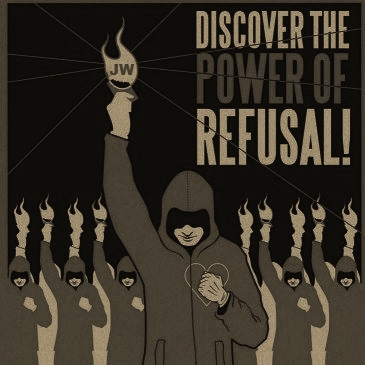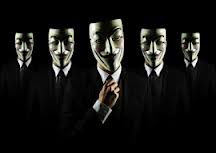JW Leaks has published a full single volume of documents filed in the US Supreme Court in the matter of Watchtower v JW (a minor)
.
DOWNLOAD: Watchtower v JW (a minor) Supreme Court documents (2019)
.
Plaintiff and respondent J.W., through her guardian ad litem, sued defendant and appellant Watchtower Bible and Tract Society of New York, Inc. (Watchtower) and others for (1) negligence; (2) negligent supervision/failure to warn; (3) negligent hiring/retention; (4) negligent failure to warn, train, or educate J.W.; (5) sexual battery; and (6) intentional infliction of emotional distress. In January 2014, J.W. filed a motion to compel further discovery responses. On February 11, the trial court granted the motion in part. The trial court’s order compelled Watchtower to produce all documents Watchtower received in response to a letter sent by Watchtower to Jehovah’s Witness congregations on March 14, 1997, concerning known molesters in the church (1997 Documents).
By November 2014, Watchtower had not produced the 1997 Documents, and J.W. moved for terminating sanctions. At a hearing on the sanctions motion, the trial court offered Watchtower four days to produce the 1997 Documents. Watchtower declined the offer and refused to produce the 1997 Documents. The trial court granted the motion for terminating sanctions and struck Watchtower’s answer. The trial court clerk entered Watchtower’s default. After considering evidence, the trial court entered judgment in favor of J.W. and awarded her $4,016,152.39.
On appeal, Watchtower raises four issues. First, Watchtower contends J.W. failed to allege proximate cause in her first amended complaint (FAC). Second, Watchtower asserts its right of due process was violated. Third, Watchtower contends terminating sanctions were excessive because lesser sanctions may have been effective. Fourth, Watchtower contends the trial court erred by denying Watchtower’s motion for relief from the terminating sanctions.
A central thesis of Watchtower Bible and Tract Society of New York, Inc.’s (“Watchtower”) petition is that if it, as a religious corporation, claims that a document is protected by the clergy privilege, the courts are powerless to come to a different conclusion; indeed, powerless to even inquire as to the viability of that claim. (Pet. at 15.) According to Watchtower, the mere act of conducting judicial proceedings related to the claim of privilege results in excessive entanglement with religion. (Pet. at 20.) This radical position is directly at odds with hundreds of years of judicial precedent adjudicating—sometimes applying and sometimes rejecting—state law claims of clergy privilege.
Applying its thesis to this case, Watchtower argues that it is constitutionally entitled to affirmatively invoke the clergy privilege and seek court rulings upholding that assertion, but simply ignore any adverse rulings. As it had done in two prior cases involving similar orders to produce documents evidencing child molestation by its members (“Molestation Files”), Watchtower employed this “heads I win, tails you lose” approach in this case. (See, e.g., Lopez v. Watchtower Bible and Tract Society of New York, Inc., 246 Cal.App.4th 566 (2016); Padron v. Watchtower Bible and Tract Society of New York, Inc., 16 Cal.App.5th 1246 (2017).) It gambled that it could disrespect the judicial process and ignore court orders while the court lacked the authority to take meaningful action to correct its disobedience. It lost that gamble and was defaulted.
The First Amendment does not exist to provide religious institutions with a free pass to operate outside of the law.
MEDIA LINK
The Jehovah’s Witnesses want the Supreme Court to help them cover up sex abuse
POSTSCRIPT
In its Reply Brief filed this week in the Supreme Court, Watchtower claims it “is the ideal litigant to champion federal constitutional rights.” As evidence Watchtower cites a total of eight court cases in which it claims to have championed constitutional rights before the Supreme Court. An examination of those cited cases shows that Watchtower was not the plaintiff, defendant, petitioner, or respondent in seven of those eight cases.
Those eight cases cited by Watchtower are:
Schneider v. State of New Jersey, 308 U.S. 147 (1939)
West Virginia State Board of Education v. Barnette, 319 U.S. 624 (1943)
Martin v. City of Struthers, 319 U.S. 141 (1943)
Murdock v. Pennsylvania, 319 U.S. 105 (1943)
Fowler v. Rhode Island, 345 U.S. 67 (1953)
Wooley v. Maynard, 430 U.S. 705 (1977)
Thomas v. Review Board, 450 U.S. 707 (1981)
.
Jehovah’s Witnesses . . . Proclaimers of “soon” since 1879.







